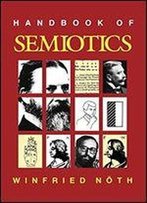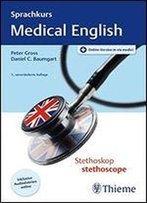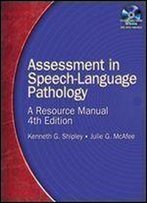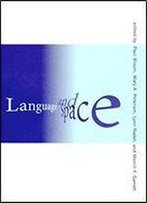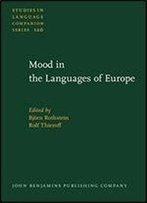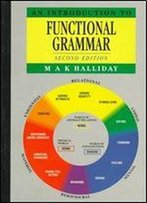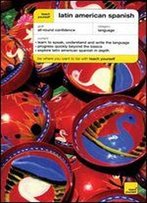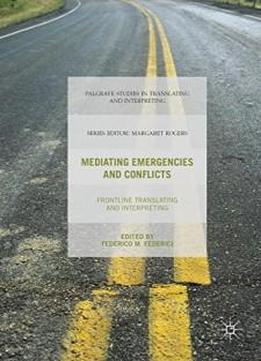
Mediating Emergencies And Conflicts: Frontline Translating And Interpreting (palgrave Studies In Translating And Interpreting)
by Federico M. Federici /
2016 / English / PDF
5.1 MB Download
Contributors to this volume discuss different types of emergencies
and conflicts and how challenging these multilingual operational
environments are for linguists. The growth in reach and number of
international relief operations has exposed the limits of current
research into these challenges. Evidence in disaster management
studies suggests communication remains a major operational issue.
This book calls for enhanced focus on the role of translators and
interpreters in emergencies by discussing existing research and
questions which have emerged from experience in the field.
Contributions in this volume undeniably demonstrate the need for
multidisciplinary studies in mediating multilingual emergencies.
They consider emergencies in hospitals (Cox and Lázaro Gutiérrez),
in disaster response (Dogan), in bespoke training to translators in
fast-developing crises (O’Brien), and in planning responses in
predictably dangerous habitats (Razumovskaya & Bartashova). The
volume also illustrates scenarios in which discourse on language
mediation shows bias by limiting political dialogues (Al Shehari),
by conditioning news reporting (Skorokhod), and by enforcing
stereotypical notions of linguists in wars (Gaunt).
Contributors to this volume discuss different types of emergencies
and conflicts and how challenging these multilingual operational
environments are for linguists. The growth in reach and number of
international relief operations has exposed the limits of current
research into these challenges. Evidence in disaster management
studies suggests communication remains a major operational issue.
This book calls for enhanced focus on the role of translators and
interpreters in emergencies by discussing existing research and
questions which have emerged from experience in the field.
Contributions in this volume undeniably demonstrate the need for
multidisciplinary studies in mediating multilingual emergencies.
They consider emergencies in hospitals (Cox and Lázaro Gutiérrez),
in disaster response (Dogan), in bespoke training to translators in
fast-developing crises (O’Brien), and in planning responses in
predictably dangerous habitats (Razumovskaya & Bartashova). The
volume also illustrates scenarios in which discourse on language
mediation shows bias by limiting political dialogues (Al Shehari),
by conditioning news reporting (Skorokhod), and by enforcing
stereotypical notions of linguists in wars (Gaunt).
